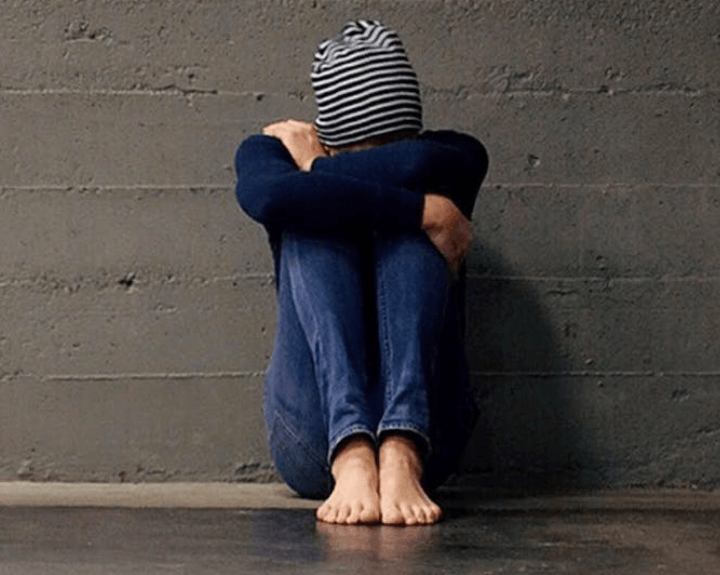Although the world of social media is, in many ways, different to the real world, there’s one thing we have in both – the freedom of speech. Of course, you can say whatever you want…as long as you understand the consequences. You have the freedom to walk into a coffee shop, turn to the person next to you and confront them: “What, you’re ordering a vanilla latte? That’s disgusting! Ever heard of an Americano, you animal?!” But does that mean you would?
We’re all entitled to our own opinions. But when we’re discussing more serious matters than coffee preferences, it’s really important to mind what you say. The University has a duty under law to eliminate harassment, tackle prejudice and promote understanding – particularly in regard to: race, religion or belief, disability, age, sex and sexual orientation, gender reassignment, marriage and civil partnership, pregnancy and maternity. This means that if the way that you express yourself about these topics is capable of creating an intimidating, hostile, degrading, humiliating or offensive environment or of violating someone’s dignity, then this will be viewed as harassment.
 Definitions
Definitions
 Criteria
Criteria
In the real world, it’s not always easy to make our voices heard. (Of course, you can always talk through a megaphone in the middle of a crowded street but most people choose not to.) So, the world of social media provides an ideal way to get people to listen. When we release an opinion online, it doesn’t just float around in a void – others can respond to it. And that’s when there’s a danger of it all getting ugly.
The internet can seem like a fantasy world. Yet it’s difficult, when we so feel disconnected from reality, to remember that we’re talking to real people online. Those words that popped up on your screen were typed by real fingers, and your own words have a real effect on them.
Everyone should be able to feel safe in online spaces, just as they do in real life. Ridiculing and discrimination have become an everyday part of our internet experience, so much so that we are desensitised to seeing it, and its effects.
According to Ditch The Label’s Annual Bullying Survey 2017, 69% of young people have done something they consider to be abusive to someone else online, and this ranged from screenshotting someone else’s status or photo to laugh at them in a group chat, sending a nasty message, or creating an account to annoy or upset another social media user.
The content of this site has been produced by students of the University of Winchester.
Meet the team{{ profile1.jobTitle }}
{{ profile2.jobTitle }}